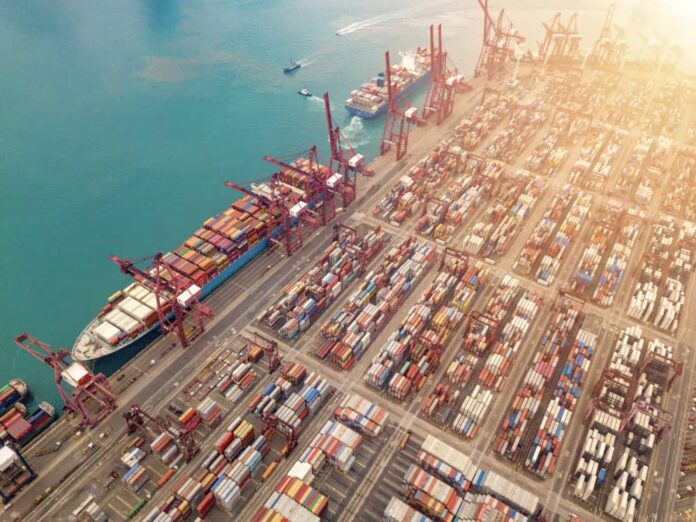Governments and industry leaders from across West Africa will converge in Lagos from October 21 to 23, 2025, for the West Africa Industrialisation, Manufacturing & Trade (West Africa-IMT) Summit and Exhibition—an ambitious forum aimed at accelerating the region’s transition from aid dependency to economic self-reliance through industrialisation and regional integration.
Organisers say the three-day event will convene policymakers, manufacturers, investors, and trade experts to forge solutions to some of the region’s most pressing development challenges, including weak infrastructure, limited intra-regional trade, and underdeveloped value chains.
The summit comes as countries like Ghana and Senegal take decisive steps to stimulate industrial growth. Ghana’s recent procurement directive favouring locally made products reflects a strategic shift toward domestic value creation, while the country’s projected 32% rise in cocoa production and rollout of industrial parks signal readiness to diversify beyond raw commodity exports.
In Senegal, industrial output surged more than 19% year-on-year, led by expansion in textiles, poultry, and food processing. Government interventions—ranging from producer subsidies to enhanced electricity supply to industrial zones—are yielding measurable results. The country is also positioning itself as a logistics gateway, with heavy investments in port infrastructure and a wave of SME-driven manufacturing growth.
“These are not isolated achievements,” said Wemimo Oyelana, Country Director – Nigeria & Portfolio Director – Energy at dmg Nigeria events, organisers of the summit. “Across West Africa, we’re seeing a shift from policy talk to performance. But sustaining this momentum requires a deliberate link between infrastructure, investment and execution. That’s what the West Africa IMT Summit aims to catalyse.”
The summit will feature sector-specific dialogues on manufacturing incentives, energy access, logistics optimisation, and trade facilitation under the African Continental Free Trade Area (AfCFTA). It is expected to provide a platform to connect capital with opportunities and strengthen the policy frameworks required for industrialisation to take root across the sub-region.
Stakeholders see the summit as a turning point in West Africa’s economic trajectory. While global aid declines and trade alliances shift, regional collaboration—grounded in industrial capacity-building—has become not only urgent but necessary.
For more information, visit: www.westafricaimt.com














